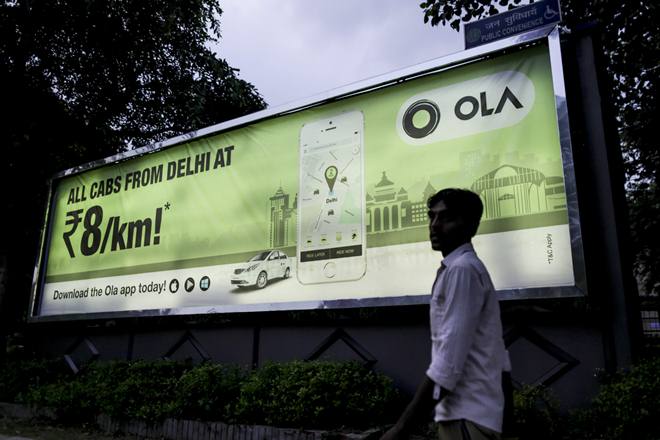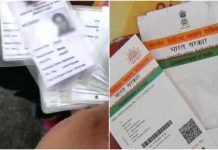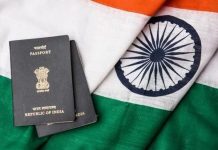Safer Ola, Uber rides for women soon: ‘Regulate app-taxi services’, Supreme Court tells govt.

Using app-based cabs such as Uber and Ola may soon get safer for women with the Supreme Court telling the central government to regulate cab aggregator services, particularly to enhance women safety. In the past, the authorities have found the point of accountability missing after untoward incidents with women riders using online cab services such as Uber and Ola. Keeping in mind women safety and the lack of regulations, a bench headed by Justice S A Bobde heard the matter and asked the centre to take appropriate steps. The issue came up when the court was hearing the case on setting up of one-stop crisis centres for women, Bar and Bench reported. Senior Counsel Indira Jaising told the Court that there is an urgent need to regulate such services as they are functioning in a vacuum.
While many untoward incidents take place in taxis, these services are not governed under the Motor Vehicles Act and that forms the bigger issue, said Jaising. Neither are these services governed by the Information Technology Act as they come under application-based intermediaries. “They say they fall under internet platforms…they are intermediaries. They don’t fall under the Motor Vehicles Act or IT Act. They are functioning in a vacuum,” Bar and Bench cited Jaising as saying. The Court then asked the Centre to look into the issue. When the Counsel for the Centre said that the issue will require amendment of the laws, the Court said, “you have to do it.” Financial Express Online has reached out to Ola for comments.
Previously, in 2017 as well, the Supreme Court had decided to put regulations in place for holding applications like Ola and Uber accountable for breach in women safety. In the same year, the Ministry of Women and Child Development had also recommended which were adopted by the Ministry of Road, Transport and Highways. These suggestions included compulsory fitting of GPS panic devices, removing the central locking system in taxis, among others.
Ride aggregating apps like Ola and Uber claim to have safety mechanisms in place in form of panic and emergency button. Still, several incidents have surfaced where women faced sexual assaults, not just in India, but globally. Uber and Ola blacklist the culprits whenever such issue erupts but the situation has not changed for women.






























